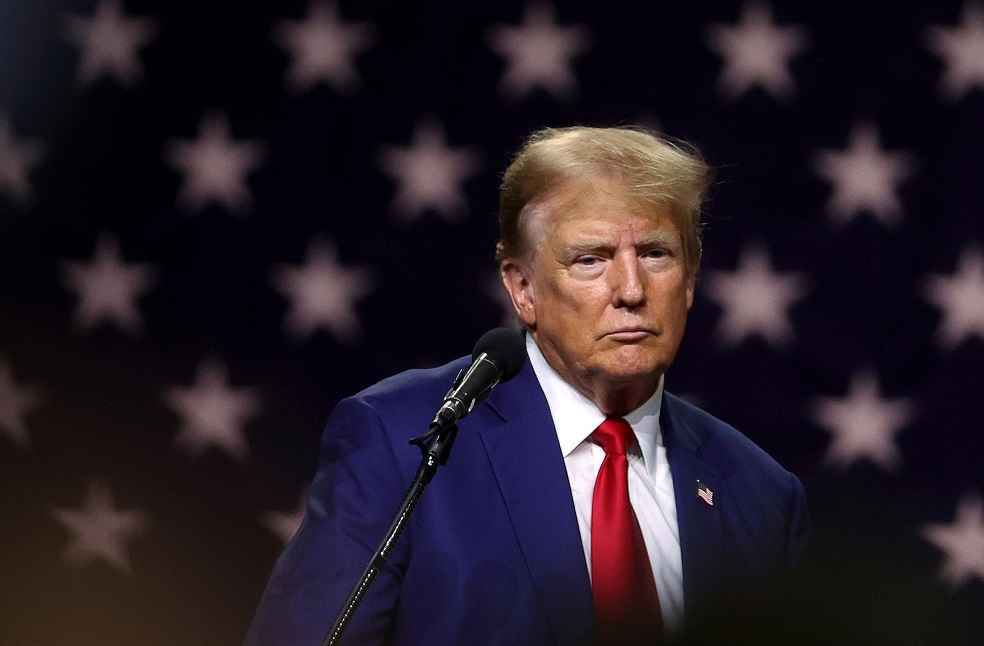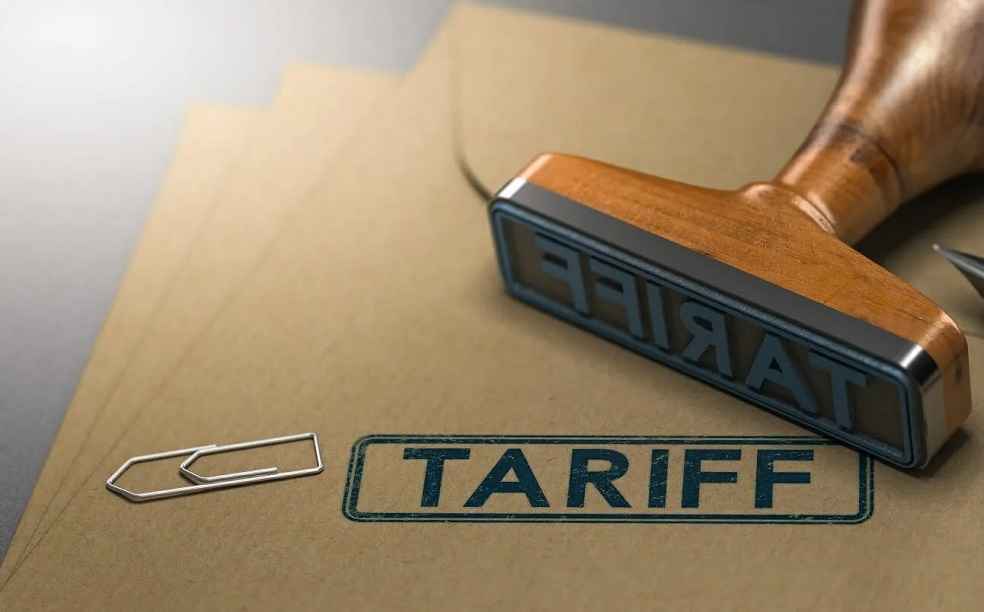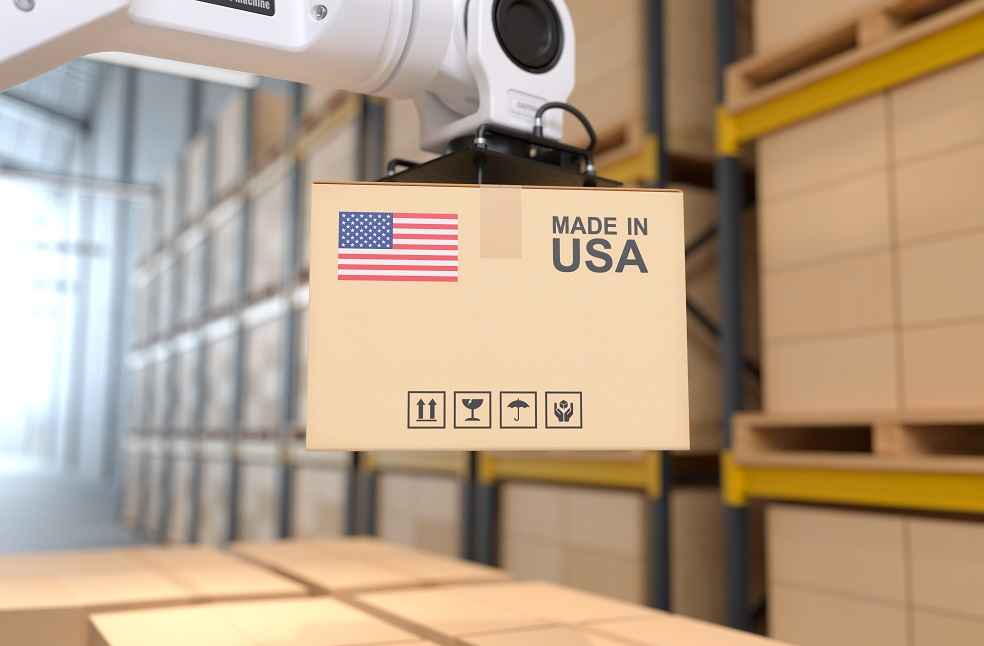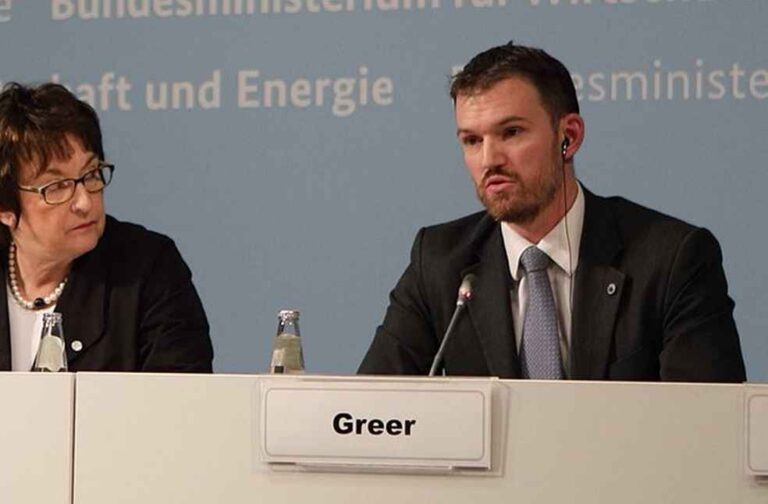U.S. President-elect Donald Trump has named Jamieson Greer as his trade envoy, marking a significant step in shaping his administration’s economic policies ahead of his inauguration on 20 January 2025. The announcement follows Trump’s renewed threats to impose tariffs on major trading partners, including China, Canada, and Mexico, to address issues such as the illegal flow of people and drugs into the United States.
Greer, a seasoned trade lawyer and veteran of Trump’s first presidency, played a pivotal role in the administration’s earlier efforts to impose tariffs on Chinese goods. In his statement, Trump outlined Greer’s mandate to address the nation’s trade deficit, bolster American manufacturing, agriculture, and services, and expand export opportunities globally.
Trump said that, Jamieson Greer’s expertise will help drive policies that prioritise American interests and reverse decades of flawed trade strategies.

Hawkish Trade Policies Return
Greer’s appointment signals a return to Trump’s ‘America First’ trade agenda, characterised by efforts to encourage domestic consumption by making imported goods more expensive. Several members of Trump’s incoming team have taken strong stances on trade, particularly with regard to China.
During his first term, Greer served as chief of staff to U.S. Trade Representative Robert Lighthizer. He played a key role in the trade war with China, where tariffs were imposed on hundreds of billions of dollars’ worth of goods to incentivise the return of manufacturing jobs to the U.S. He also contributed to the negotiation of the United States-Mexico-Canada Agreement (USMCA), which replaced the North American Free Trade Agreement (NAFTA). Greer, a U.S. Air Force veteran, will require Senate confirmation before officially assuming the role.

Aggressive Tariff Plans Spark Concerns
Earlier this week, Trump vowed to introduce new tariffs: 25% on imports from Canada and Mexico and an additional 10% on Chinese goods. These measures, Trump argued, are designed to protect American industries and force trading partners to adopt policies that align with U.S. interests.
Canada, Mexico, and China responded swiftly, warning that such tariffs could disrupt their economies and strain relations with the U.S. Some analysts believe Trump’s tariff threats are part of a broader negotiation strategy, though businesses have already begun stockpiling goods and diversifying supply chains in anticipation of potential trade disruptions.
Additional Appointments Announced
In addition to Greer, Trump announced other key appointments on Tuesday. Kevin Hassett, a former economic adviser during Trump’s first term, will head the White House National Economic Council. Hassett’s direct appointment underscores the administration’s focus on economic strategies to stimulate growth.

Trump also named prominent COVID-19 lockdown sceptic Jay Bhattacharya as the next director of the National Institutes of Health (NIH), highlighting his administration’s intent to challenge existing public health narratives. As Trump finalises his top team, his economic and trade policies are poised to dominate discussions both domestically and internationally in the months ahead.
Understanding Tariffs
Tariffs, a central element of Trump’s economic strategy, are taxes imposed on imported goods. While paid by U.S. companies that import these goods, the financial burden is often passed on to consumers in the form of higher prices. Critics warn that aggressive tariff policies could hurt American consumers and businesses, despite Trump’s assurances of long-term economic benefits.
IM EX SECTOR | UK Art Imports Fall 16% as Hong Kong Gains Global Market Share



